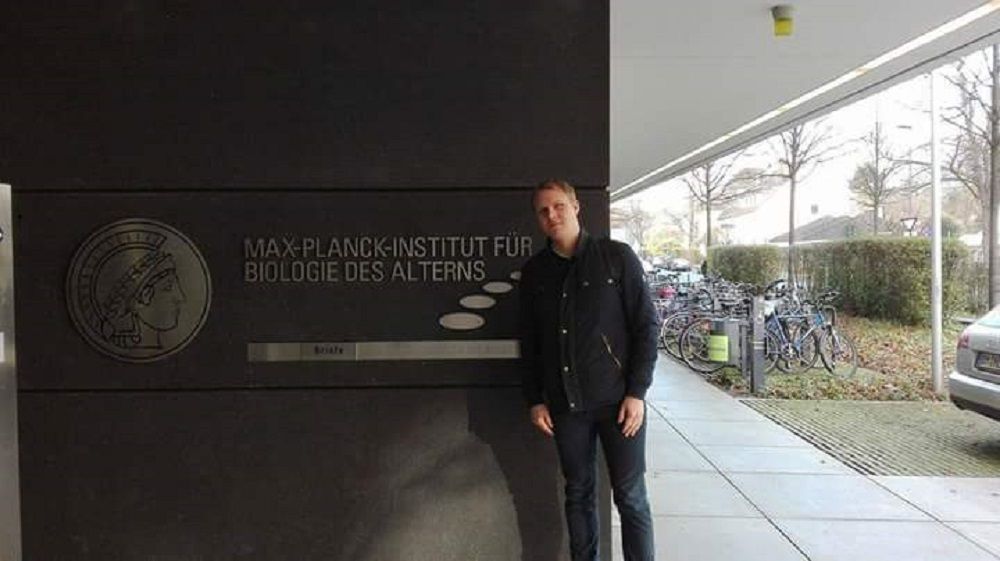Summary: Biomarkers of aging would be a breakthrough that slashes the time and cost it currently takes to develop lifespan-extension drugs. [Author: Brady Hartman. This article first appeared on the LongevityFacts.com website. ]
Biomarkers of aging would revolutionize the development of lifespan-extension drugs, helping to bring them out of the laboratory and into the clinic in a fraction of the time and at a fraction of the cost. The first scientist to come up with an effective biomarker of aging would produce a true breakthrough for the field of life extension.
Imagine that geroscientists have just developed a miraculous compound called Regulus that promises to extend human lifespans by a significant amount. Unfortunately, the researchers would not have an easy time testing Regulus because humans live a long time. Testing Regulus in mice, would help, but researchers would still have to test the drug’s lifespan-extending effects in humans. Before anti-aging physicians could prescribe Regulus, it would need to undergo an expensive and lengthy clinical trial.








